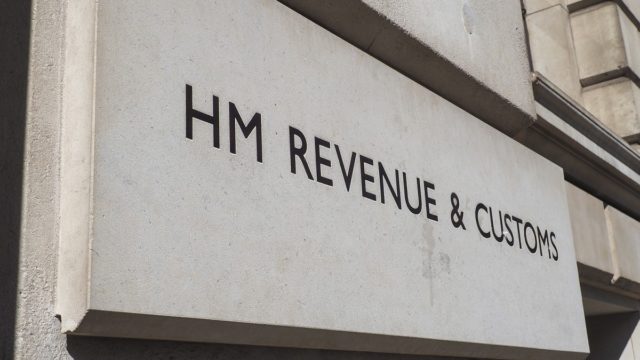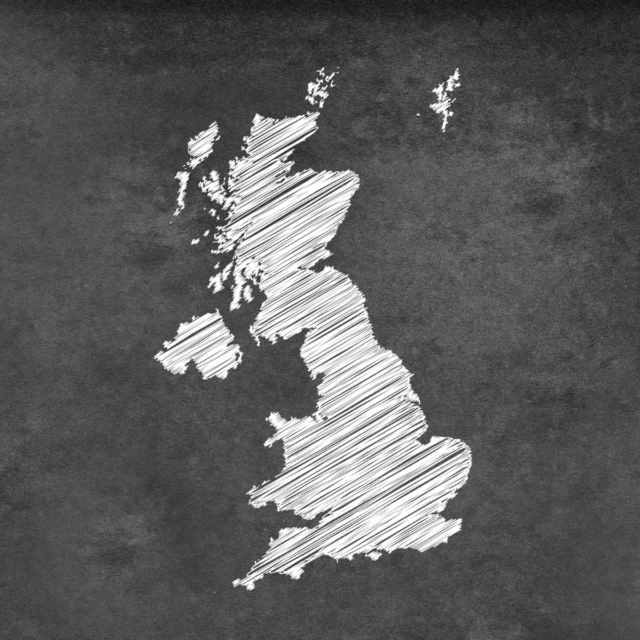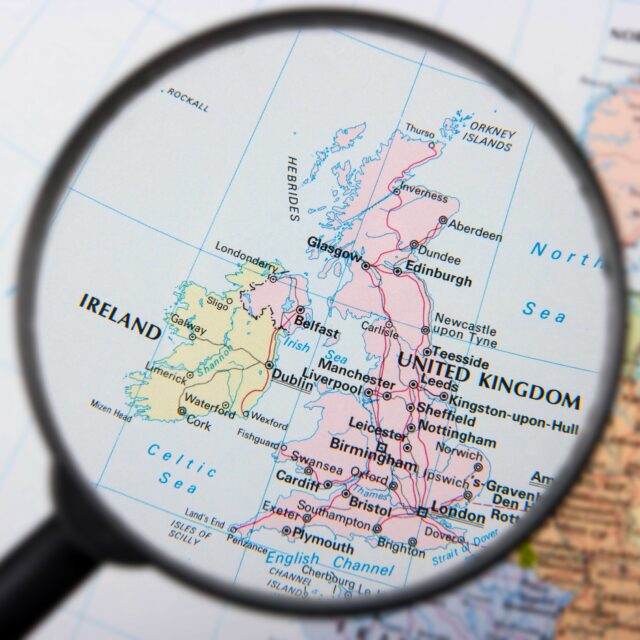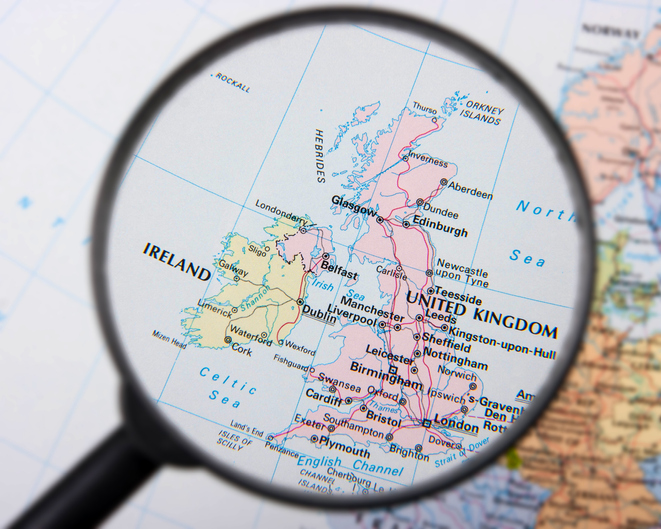Updating security and defence policy
 Pub. Date
Pub. Date
 Pub. Type
Pub. Type

Threats to the security of the UK are evolving with the changing nature of conflict and balance of power in the world. They are multiple and fragmented, and domestic and online as well as overseas in nature: principally state-based threats such as posed by Russian activity; terrorism; cyber-attacks; and serious organised crime. To respond, the United Kingdom will need flexible capabilities aimed at fostering infrastructural and societal resilience as much as conventional defence. Above all, the UK needs to focus on maintaining, promoting, and defending the international rules-based order, as represented by the UN and NATO among other institutions.
The UK possesses significant assets to these ends, including its continuing status as one of eight acknowledged nuclear powers – a status that it should not abandon unilaterally; permanent membership of the UN Security Council; membership of the ‘Five Eyes’ intelligence community; and its internationally respected armed forces.
But effort and resources are required to support these commitments, for example in helping to encourage other European states to spend more on defence; in contributing to UN peace-keeping operations or other collaborative overseas actions; and most of all in ensuring that army and navy manpower is rebuilt. Two per cent of GDP is no longer sufficient for the proper defence of the nation. Even allowing for the demands of other parts of government, the target for defence spending should be raised in the next review to 2.2 per cent.
The principal focus will need to be on efficiency and redeployment of resources as the current equipment-heavy procurement cycle comes to an end. In particular, investment needs to continue to be rebalanced towards new capabilities such as drone technology, offensive and defensive cyber and intelligence manpower.
But, to avoid any weakening of the country’s security, priority should be given to negotiating a new agreement on security and intelligence cooperation with its European allies to replace the arrangements it had within the EU.





















